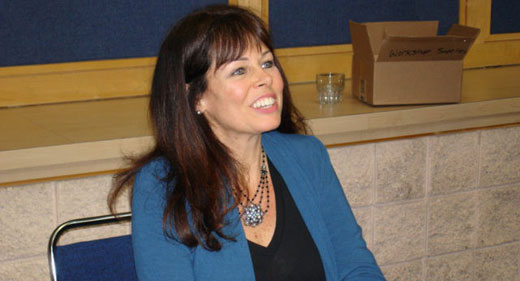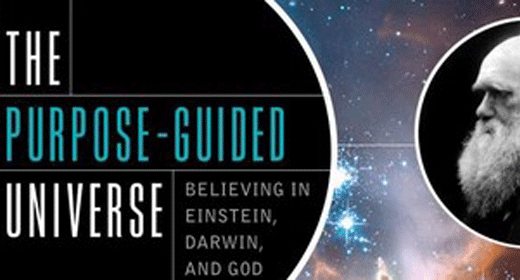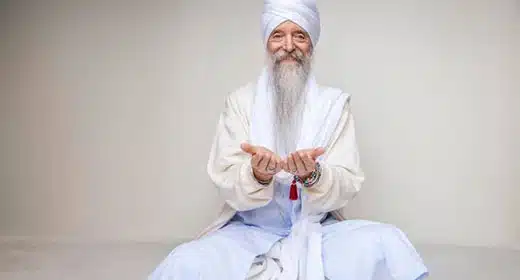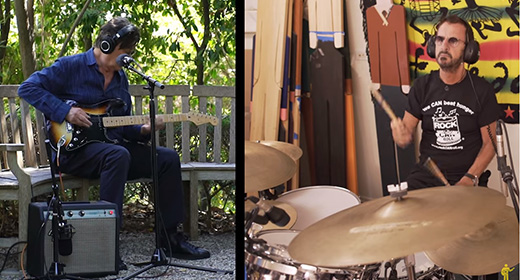by Cheryl Richardson: Wake up to a new attitude of guilt-free self-love…

IN 1994, I MADE A DECISION to hire my first personal coach. Although I thought this decision would make me a better coach myself, it turned out to do much more. It gave me a better life.
During the intake process, my coach Thomas asked me to tell him a little about my life. He wanted to get a sense of who I was and how I lived. For the next 20 minutes, I talked about all the things that occupied my time. As I listened to myself talk about my schedule, I have to admit that I felt pretty good. There was a certain level of satisfaction that came from being needed and in demand. When I finished, Thomas was quiet for a moment, and then, with a slight edge in his voice, said, “Wow, you do a great job of taking care of a lot of people. You’re such a good person.”
I smiled to myself, thinking, Hmm, he really gets me. But what he said next took me totally by surprise: “And the truth is, Cheryl, your ‘good girl’ role is going to rob you of your life.”
I sat still for what felt like a very long time. My moment of triumph slowly turned to tears as Thomas’s words hit home. I was a good girl. I was so used to playing the role of caretaker that it had become a normal way of life. It had also become my identity and how I defined my self-worth. Now, many years and many clients later, I know I wasn’t alone. So many of us, especially women, have taken on this “noble” role. What we don’t realize—until it’s too late—is the high price we pay for being “so generous”… a price extracted from our very bones.
It was during our work together that Thomas introduced me to the concept of Extreme Self-Care. The word extreme intrigued me and got my attention. I remember feeling excited about the idea, but also a little nervous. From Thomas’s perspective, Extreme Self-Care meant taking my care to a whole new level—a level that, to me, seemed arrogant and selfish, practiced by people who had an inappropriate sense of entitlement. It meant taking radical action to improve my life and engaging in daily habits that allowed me to maintain this new standard of living. For example, it wasn’t enough to take a weekend off from helping others so that I could enjoy some downtime. Thomas wanted me to schedule time for myself (on my calendar, in ink) every day for six months.
At first I had great resistance to the idea of Extreme Self-Care. Time to myself every day? I could barely find time to go to the bathroom, let alone for a walk at lunch. My coach’s suggestions seemed idealistic, bordering on absurd. But, as I would soon discover, a great life starts with an open mind.









































